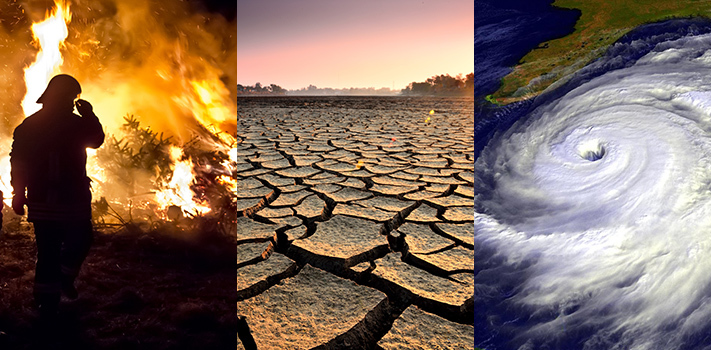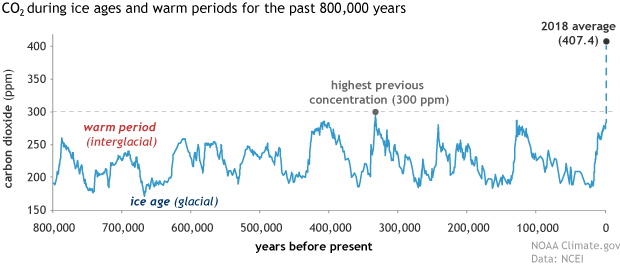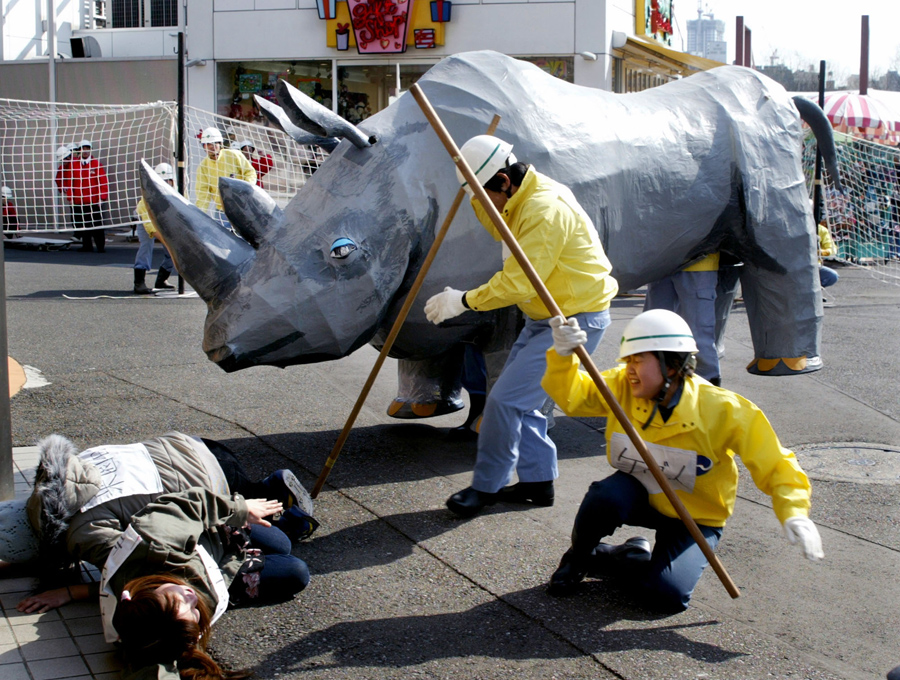This article is based on a NY Times article
The NY Times has captured our contemporary system quagmire like this:
The real culprit of the climate crisis is not any particular form of consumption, production or regulation but rather the very way in which we globally produce, which is for profit rather than for sustainability. So long as this order is in place, the crisis will continue and, given its progressive nature, worsen. This is a hard fact to confront. But averting our eyes from a seemingly intractable problem does not make it any less a problem. It should be stated plainly: It’s capitalism that is at fault.
When I comment online on criticisms of capitalisms, which I do often, I do it as such:
1) I also have problems with capitalism, however...
2) We don't have 'capitalism', we have a 'capitalism'/'socialism' hybrid which has been patchworkly designed through an open-flawed democratic process and...
3) If you have something better than this then have at it. The world is hungry for your solution !
After reading the NY Times article, though, I have come to realize that it's easier for me to criticize empty criticism than to jump in and correct ideas or drive them towards an answer. And as per 1) I do have problems with the system as it is anyway so I will endeavour to do my part, and help this discussion along and in Times font too, as an gesture of acknowledgment.
First of all, I'm not up to the task of redesigning a political-economic system that has been moulded and refined by every human who lived since Sumeria, so instead I'll just start the discussion.
I do have some ideas that might help the idea along. I'll write the ones I can think of now and add more later.
1) Any design for human use must be a design for change, ie. it's robust and self-modifying.
2) Our current system is designed around the invention of 'money' as it occurred in ancient times, along with innovations such as coinage, and electronic money that have happened since.
3) Money is a social invention, as in a convention, as much as it is a technical invention.
4) It was so successful in that regard, that we regard money to be part of nature. We need to understand it better if we're going to redesign the system.
5) Redesigning something on this scale means that systems will work in parallel as the new system supersedes the old over time. There is no one-time 'cutover'.
We can start by discussing these points, and then begin the exciting brainstorming that will come out of it, considering our new technologies, the common social and moral spheres that are emerging globally and the reality of what is physically possible.





